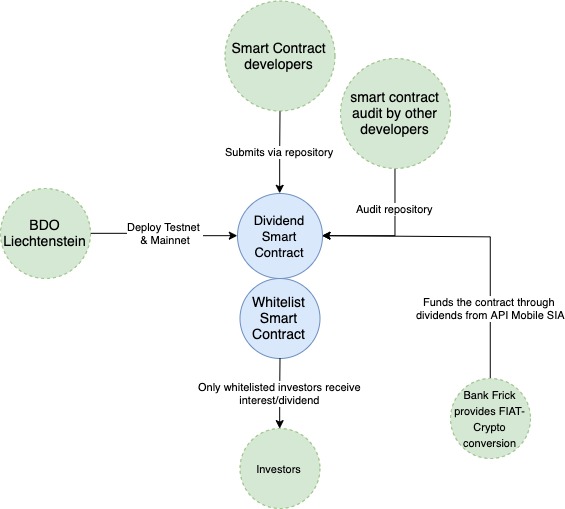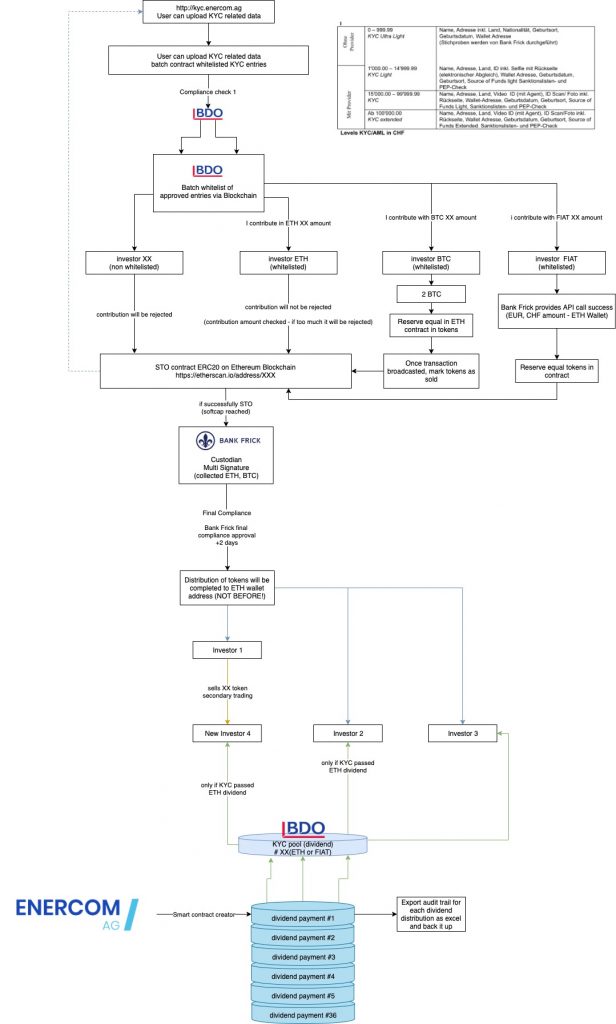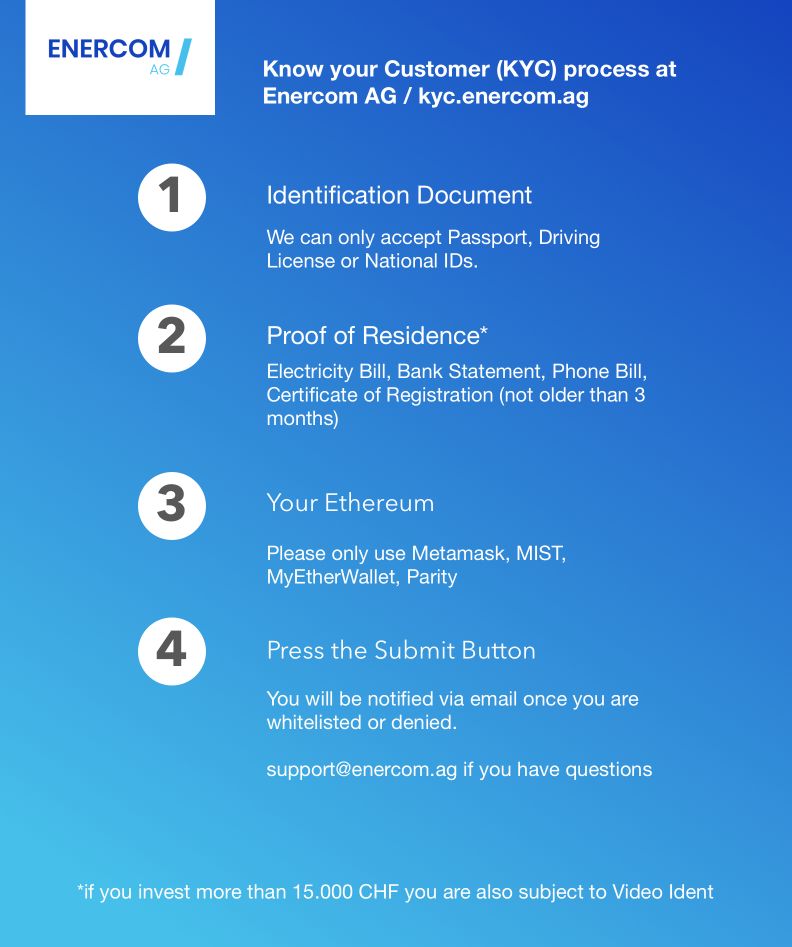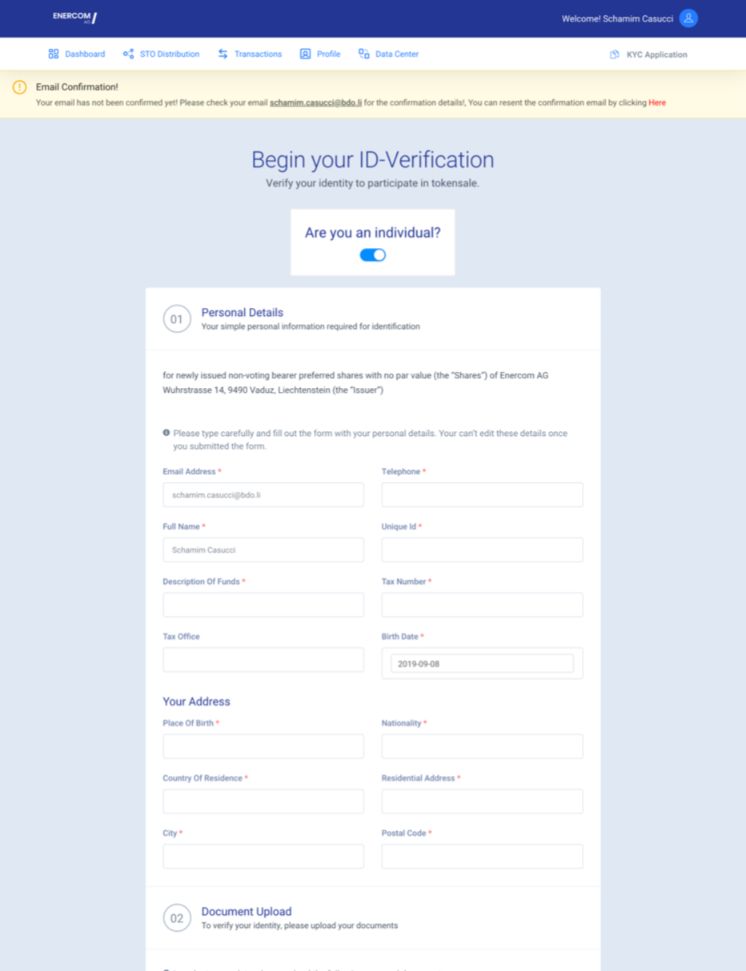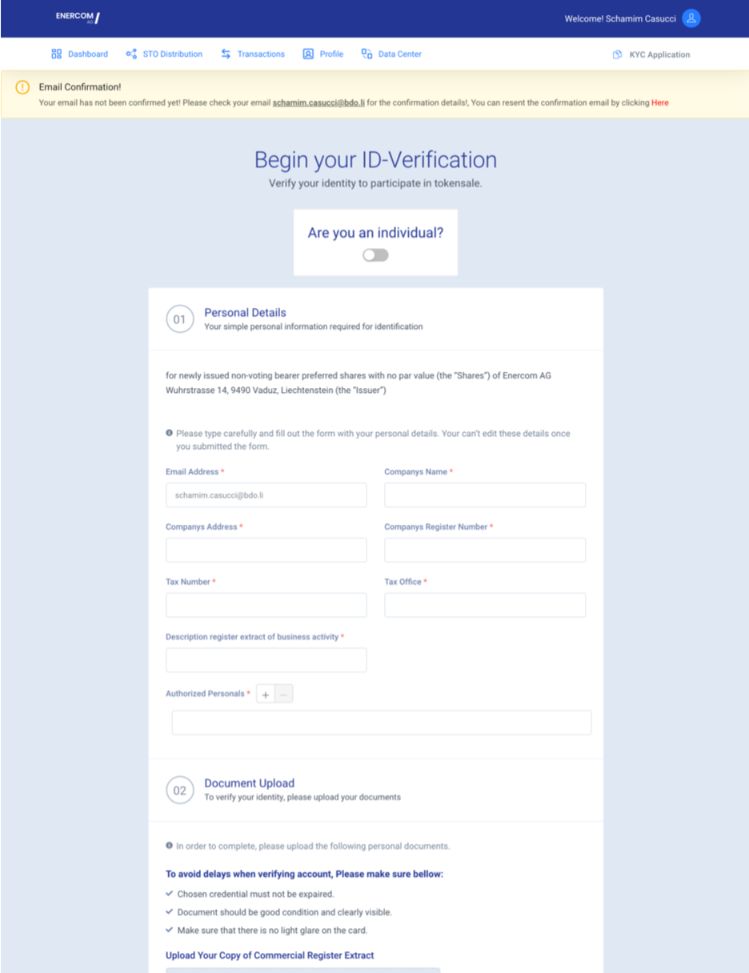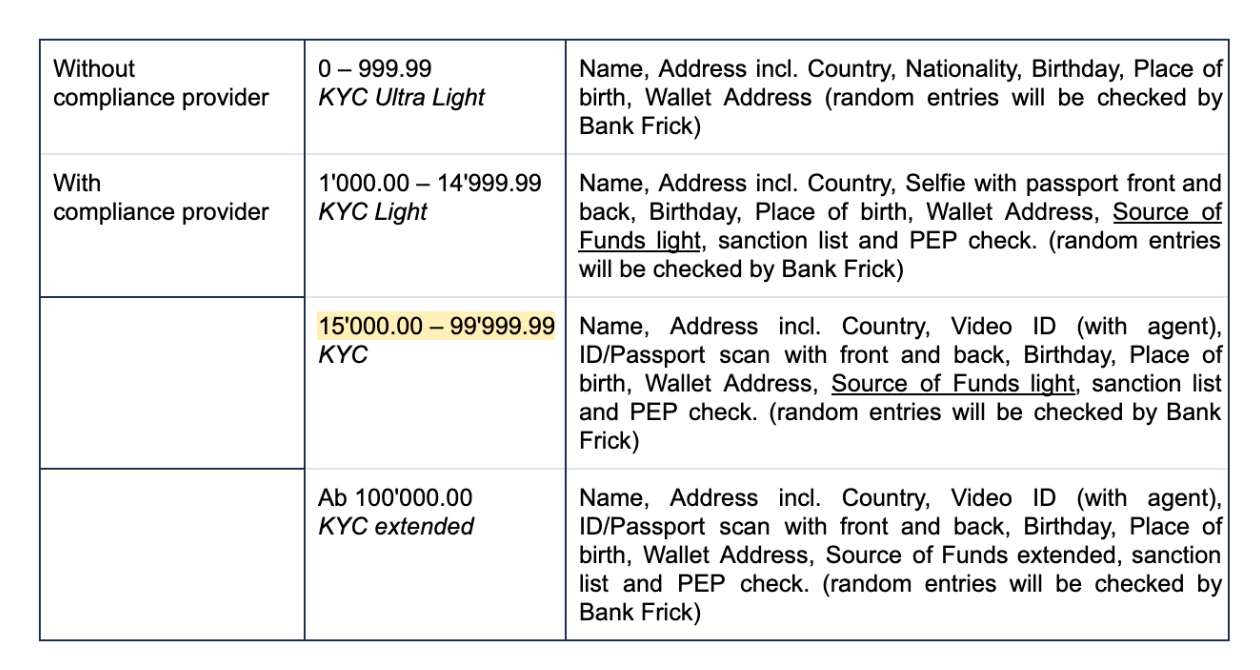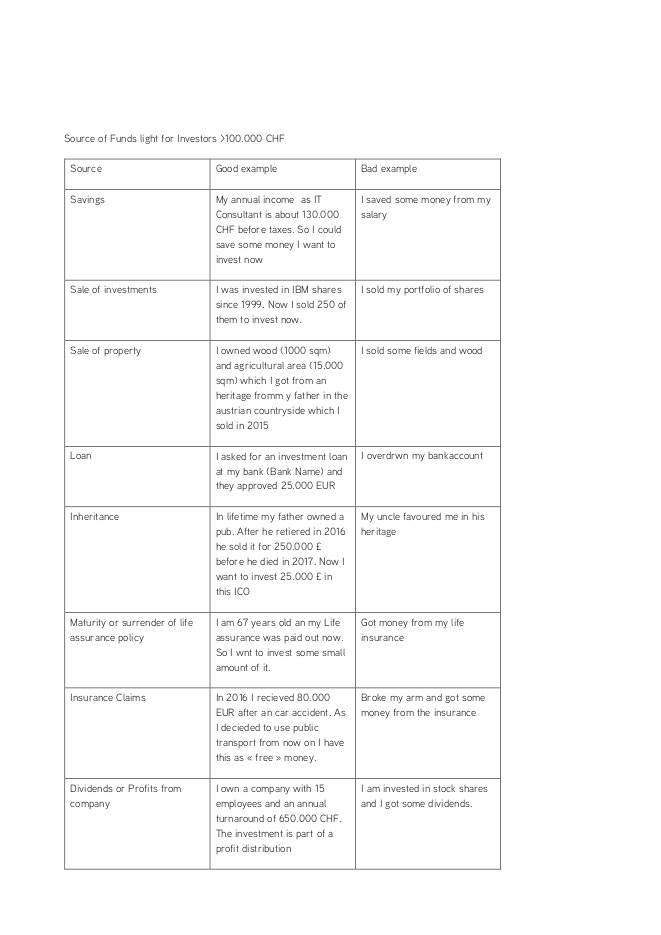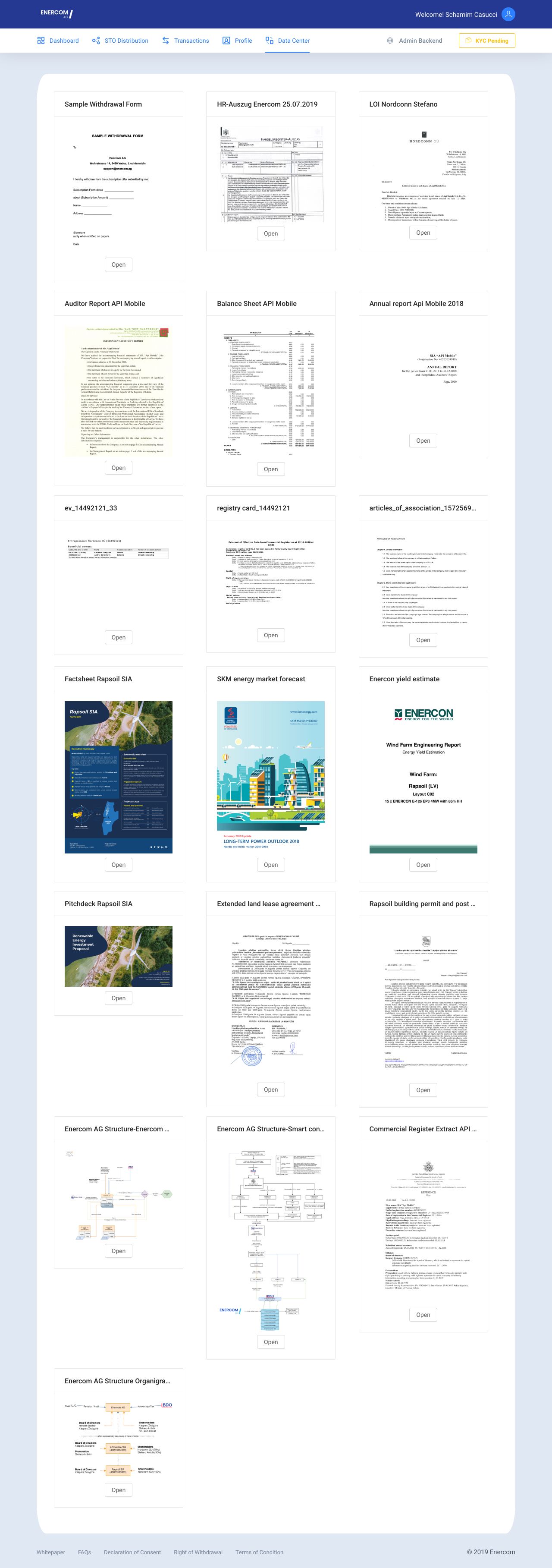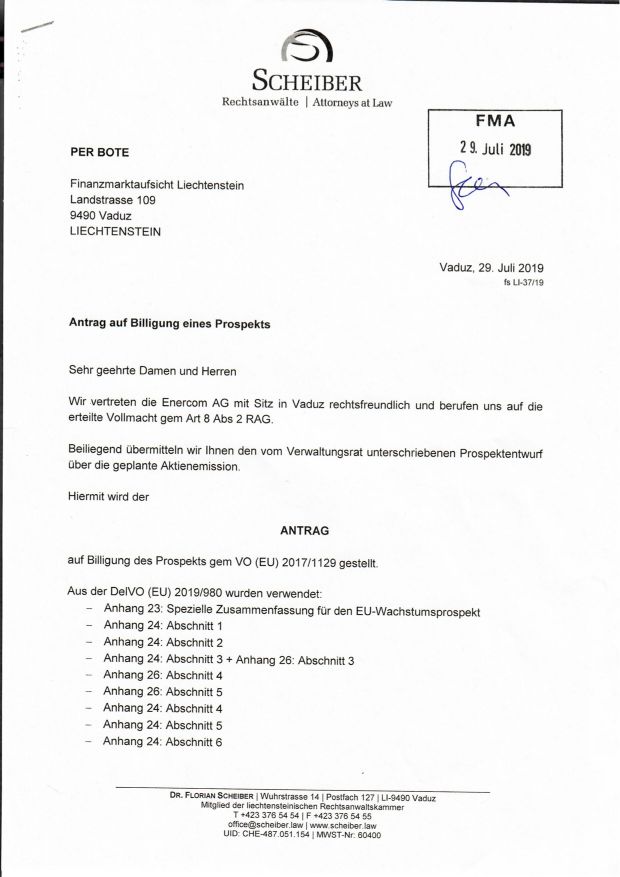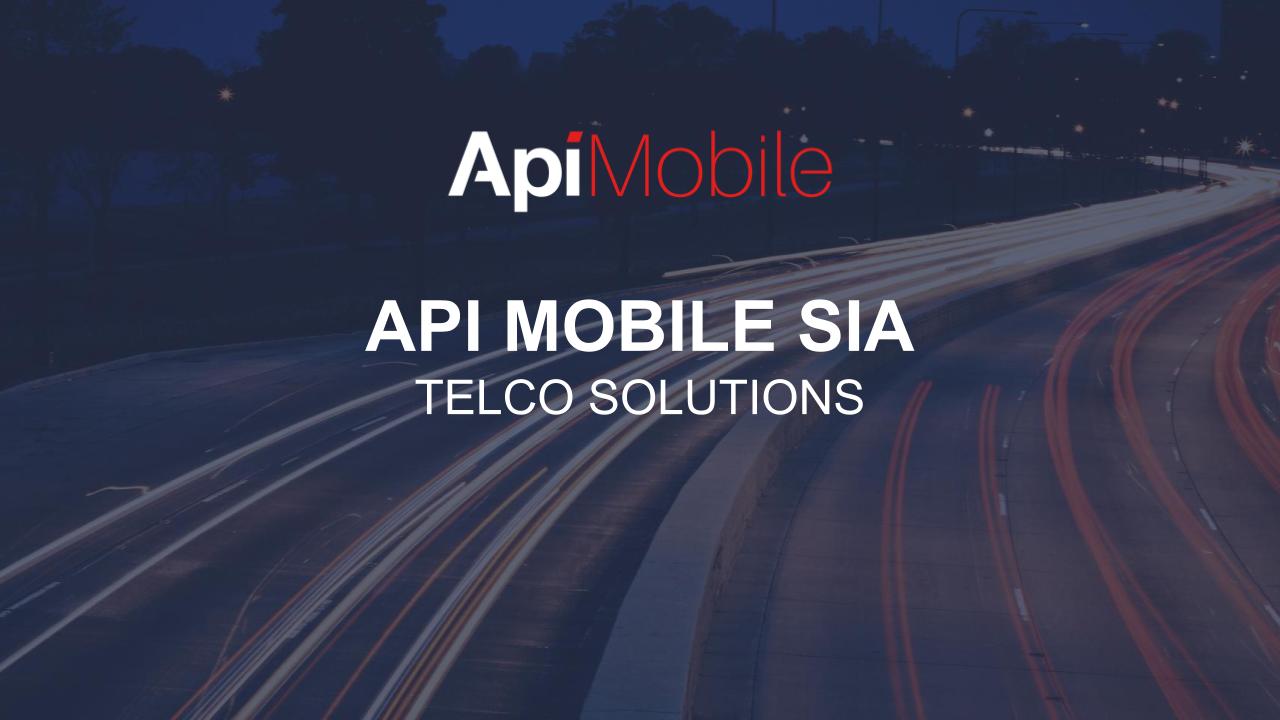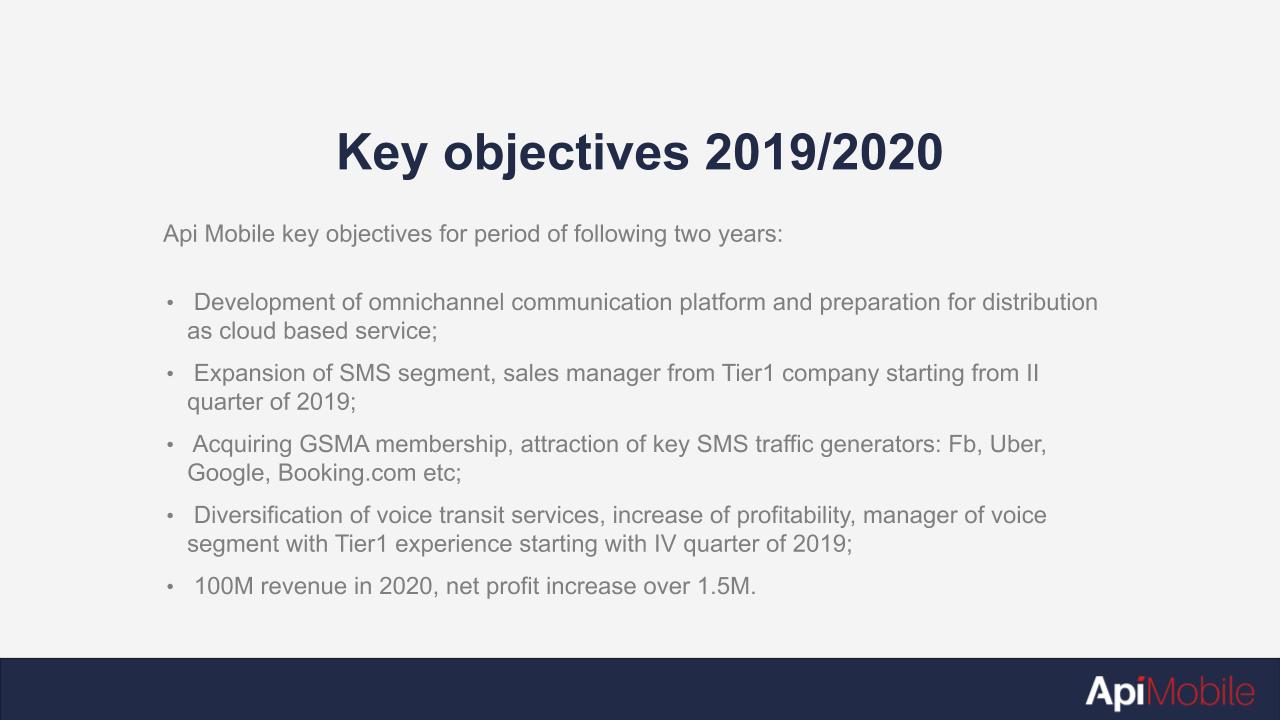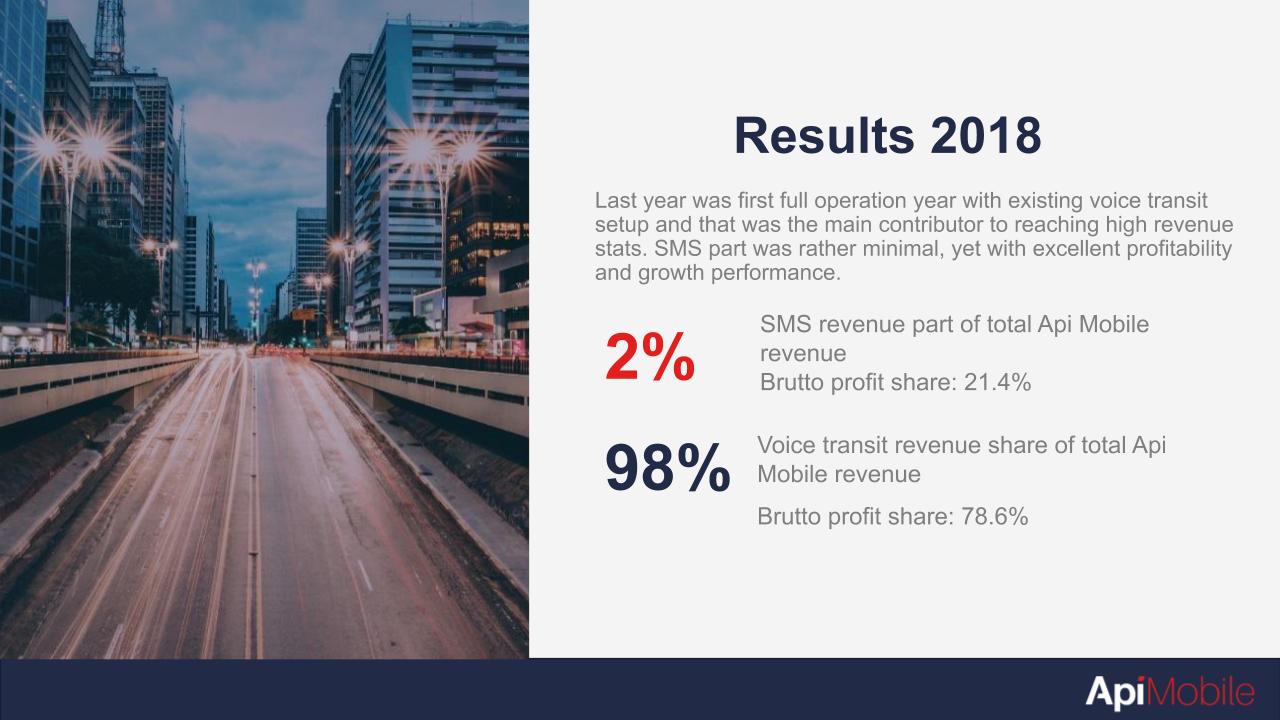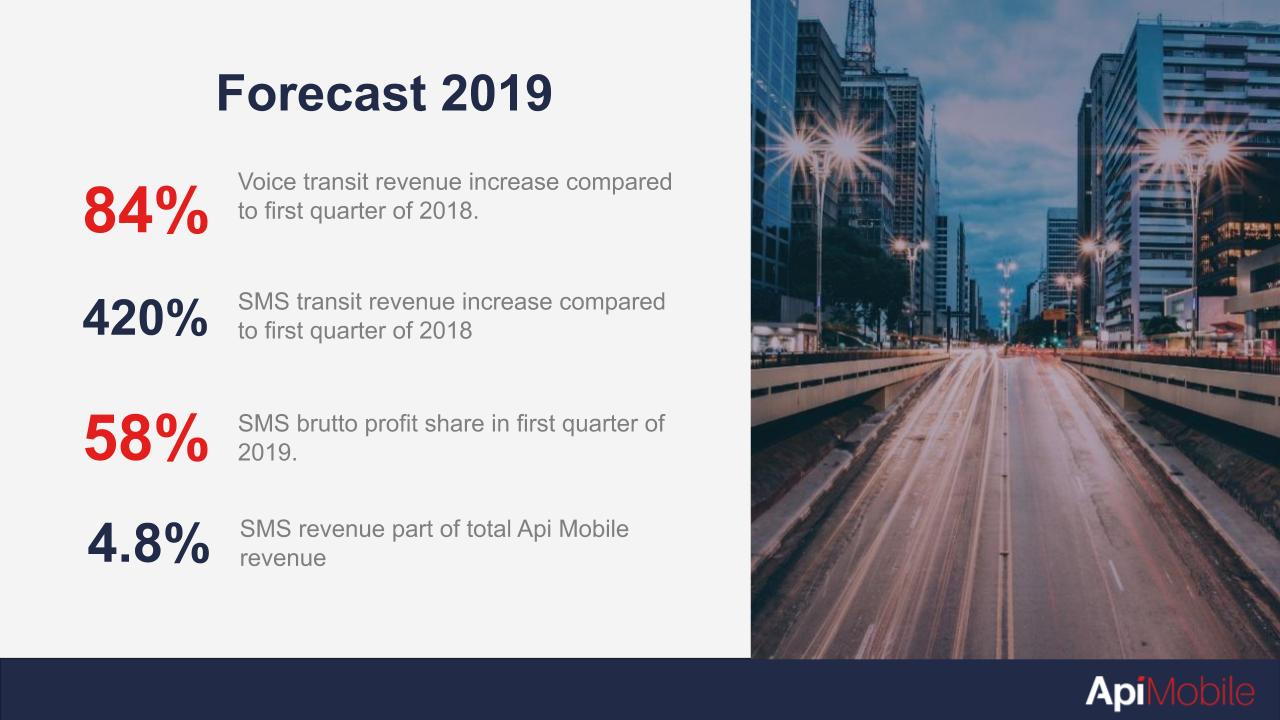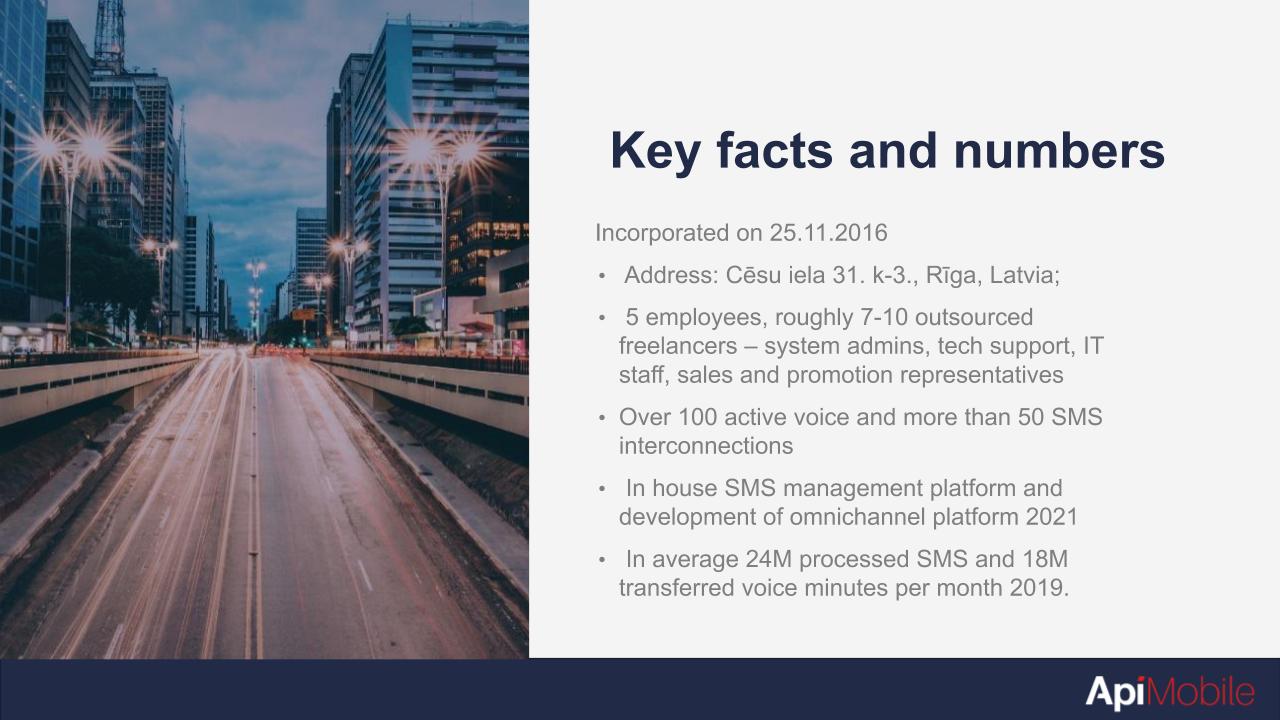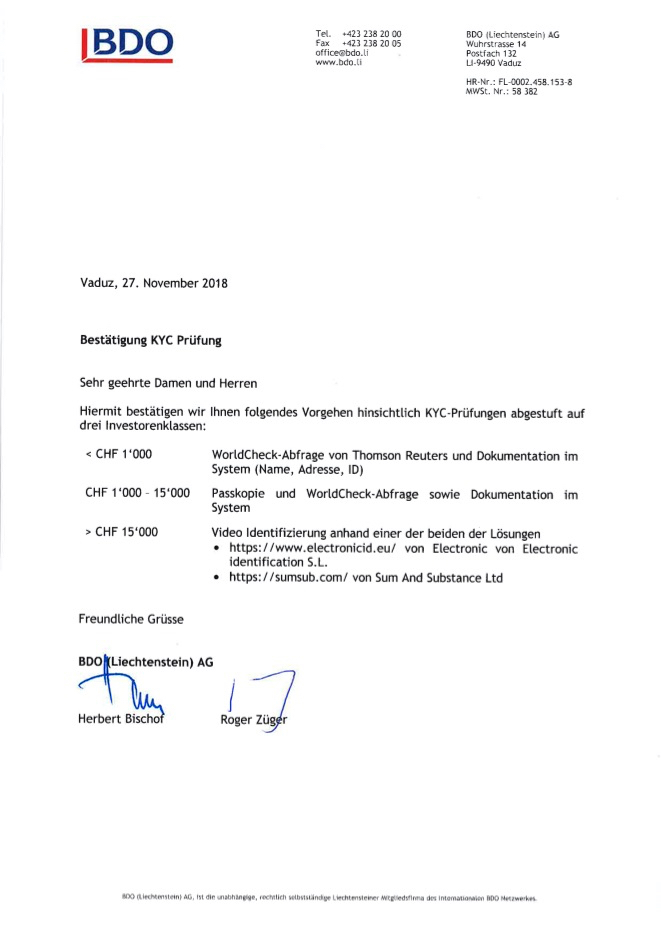Services
Api Mobile offers the establishment of Voice Transit Interconnection and SMS delivery service with Tier1 / Tier2 companies, enabling corporate customers to choose the least resistance path – to build relationships with Api Mobile and send calls or SMS through global player networks without direct relationship with them. It is way more cost-effective and technologically simpler than concluding a co-operation agreement with, for example, British Telecom, that may take about a year to make systems adapt to the technological requirements of BT, which include a long period of safety and technological compliance testing and a relatively large advance payment unavailable to the most of Api Mobile existing and potential customers. As a result, companies with voice or SMS communications to specific destinations (countries or specific operators) can choose Api Mobile as a communication partner to establish a partnership to benefit from competitive tariffs, simplicity of procedures, high network stability and quality of communications provided.
Quality assurance and network supervision
When starting a cooperation various inquiries are provided on the potential customer, KYC, goodstanding and credit risk assessment if that’s necessary. We have many years of cooperation with insurance broker Marsh, which helps to insure the Issuer’s customers at Coface or Euler Hermes. It should be noted that there are several thousand Tier2 and Tier3 telecommunications companies in the world, but the industry is generally relatively compact, therefore the circulation of information about customer or supplier credit, strengths or weaknesses is relatively easy to access, which lessens the occasional risk of fraud, yet it tends to happen anyway. After signing a co-operation agreement, testing of technological compatibility is done, which includes the exchange of the main characteristics of the used communication platforms, the establishment of interconnection and testing of its functionality. During the tests, a significant number of calls are made to make sure that all the main indicators are within the normal range. Each call is registered in the systems of both parties and becomes the basis for settlements between companies. Both parties keep records of the call details (CDR) according to the jurisdictional rules of each company and they consist of: start and end time of the call, total call duration, caller number and call destination number, identifiers for both systems, specific destination per minute and a number of technical details identifier. Summing them up at the end of the CDR period, an invoice is issued for the calls made, which both parties compare to the CDRs stored by both systems and either confirm the invoice or raise a dispute within 30 days after invoice date. For the most part, the cooperation agreements contain a clause on if the call volume differences are between 1% and 1.5%, the bill is not to be disputed because the discrepancies in this amount can be caused by a number of technological factors that unfortunately cannot be completely eliminated by the modern technology.
When the collaboration is already underway, testing goes into the routine phase, and measurements of communication quality are almost continuous to prevent network operation problems that may cause customer dissatisfaction with the service provided. Measurements of each connection are regularly performed for the following characteristics: post-dial delay (PDD) how long it takes for the customer until the “call” signal is heard after number is dialed in, if this time is too long (too many interconnections/systems involved in route), in customers this may cause dissatisfaction; ALOC / ACD (average length of call / average call duration) average call duration measurement indicates the quality of the sound properties of a particular connection – if the average call duration for a particular destination (for example, from USA to Guatemala) is 5min30sec, but the duration decreases over the last 30 minutes to only 3min40sec, this indicates the need for in-depth testing as it indicates a decrease in sound quality indicators on a particular line; ASR (answer to seizure ratio) This measurement indicates how many calls from the overall calls are answered, the average is about 30% -40%, which allows you to keep track of the quality of the services provided by your suppliers – an inadequately low ASR indicator indicates low line capacity (carrier is not able to connect more than X calls and too many are rejected, indicating that additional line capacity is required), or a too high indicator (most of the calls seem to get connected) may indicate an error in the supplier system, which will later be returned to the supplier in an inappropriately large bill.
Vendors and customers
Api Mobile’s customers are EU and foreign telecom companies who need to deliver their customer calls to specific destinations. As a similar example in Latvia, CSC Telecom, that offers call services to Latvian companies, is collecting incoming calls from their customer to the CSC Telecom call center and the Issuer has to go to the market and choose the most advantageous cooperation partners that will deliver these calls to their final destinations. These can be either Tier1 companies or Api Mobile size and capability companies that may be more flexible and more specialized to specific geographic destinations, or to provide a particular service. The best deals in EU destinations in Latvia are likely to be available from Lattelecom or leading mobile operators, but Api Mobile may be able to offer more favorable conditions for its traffic to Latin America, the United States and Northern Africa. There are many telecommunication solutions in the world that create call flows through Tier2 and Tier3 market participants, but are not distributed in Latvia – such as calling cards (dialing through a card issuer center provides calls to a specific destination – for example, a calling card in the UK with 300 minutes would allow the customer to call to the UK in 300 minutes), which is common in several countries in Western Europe, as well as in the US. In order for this calling card service to be able to offer sufficient flexibility, competitive price and quality, service providers turn to the market for similar companies like Api Mobile and are in competition for the ability to deliver the above mentioned call flows.
